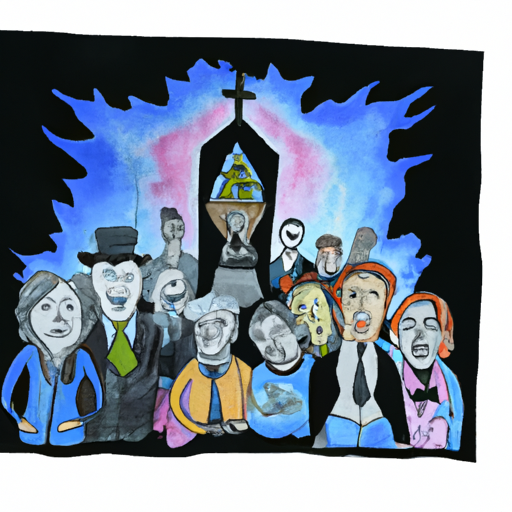Piikani Nation Declares State of Emergency Over Fatal Opioid Poisonings
There is an escalating opioid crisis that is devastating communities across Canada, one of the most impacted areas being Piikani Nation, an Indigenous community in southern Alberta. In recent news, the Piikani Nation declared a state of emergency over fatal opioid poisonings.
Understanding the Opioid Crisis in Canada
Opioids are a class of drugs that includes prescription painkillers (such as morphine, oxycodone, and fentanyl) as well as illegal substances like heroin. Issues arise when these substances are misused, leading to addiction, crime, homelessness, and, as witnessed in the Piikani Nation, a worrying number of fatal opioid poisonings.
Though this crisis is not new, the impacts are escalating at an alarming pace. Countrywide, the number of opioid overdose deaths in Canada rose to a shocking 19% between 2019 and 2020, with reports indicating that it is Indigenous communities, like the Piikani Nation, that bore the brunt.
Actions Being Taken to Counteract the Opioid Crisis
The severity of this situation has led to multiple efforts aimed at combatting this crisis. Such actions include:
- Offering naloxone, a life-saving medication used to reverse the effects of an opioid overdose, for free at pharmacies and police stations.
- Introduction of more supervised consumption sites and harm reduction services.
- Litigation efforts against opioid manufacturers and distributors, often termed as opioid class actions.
- Promoting better prescription practices and crackdowns on illegal drug supply chains.
Despite these actions, the crisis remains a grave concern, particularly in Indigenous communities where resources and support may be scarcer.
Piikani Nation’s Struggle
For the Piikani Nation, this crisis is not only a public health threat but also a cultural one. The loss of life, increasing crime, and homelessness directly attack the fabric of their community and erode their cultural identity. They have declared a state of emergency, illustrating both their willingness to confront the problem and their desperate cry for assistance.
In response to the severity of the issue, the community has come together to plan and implement strategies to mitigate the crisis. Their plan aims to provide immediate assistance to those affected as well as build a sustainable long-term solution to the issue. As they continue to fight this crisis, they maintain their age-old belief in compassion, understanding, and respect for all life.
Closing Thoughts
The opioid crisis, as illustrated by the state of affairs in Piikani Nation, paints a grim picture of the struggles faced by so many Canadians, struggling with addiction, crime, and homelessness. Despite the noble efforts being taken to combat the opioid crisis, such as providing naloxone, establishing safer consumption sites, and pursuing opioid class action, the situation remains alarming.
The narrative of Piikani Nation underscores the severity of the opioid crisis in Indigenous communities and across Canada. Recognizing the gravity of the crisis, acknowledging the losses, and implementing effective solutions must be our collective duty. Only in facing this crisis head-on, can we hope to see a reduction in opioid-related tragedies and a change in the devastating trajectory of this crisis.


